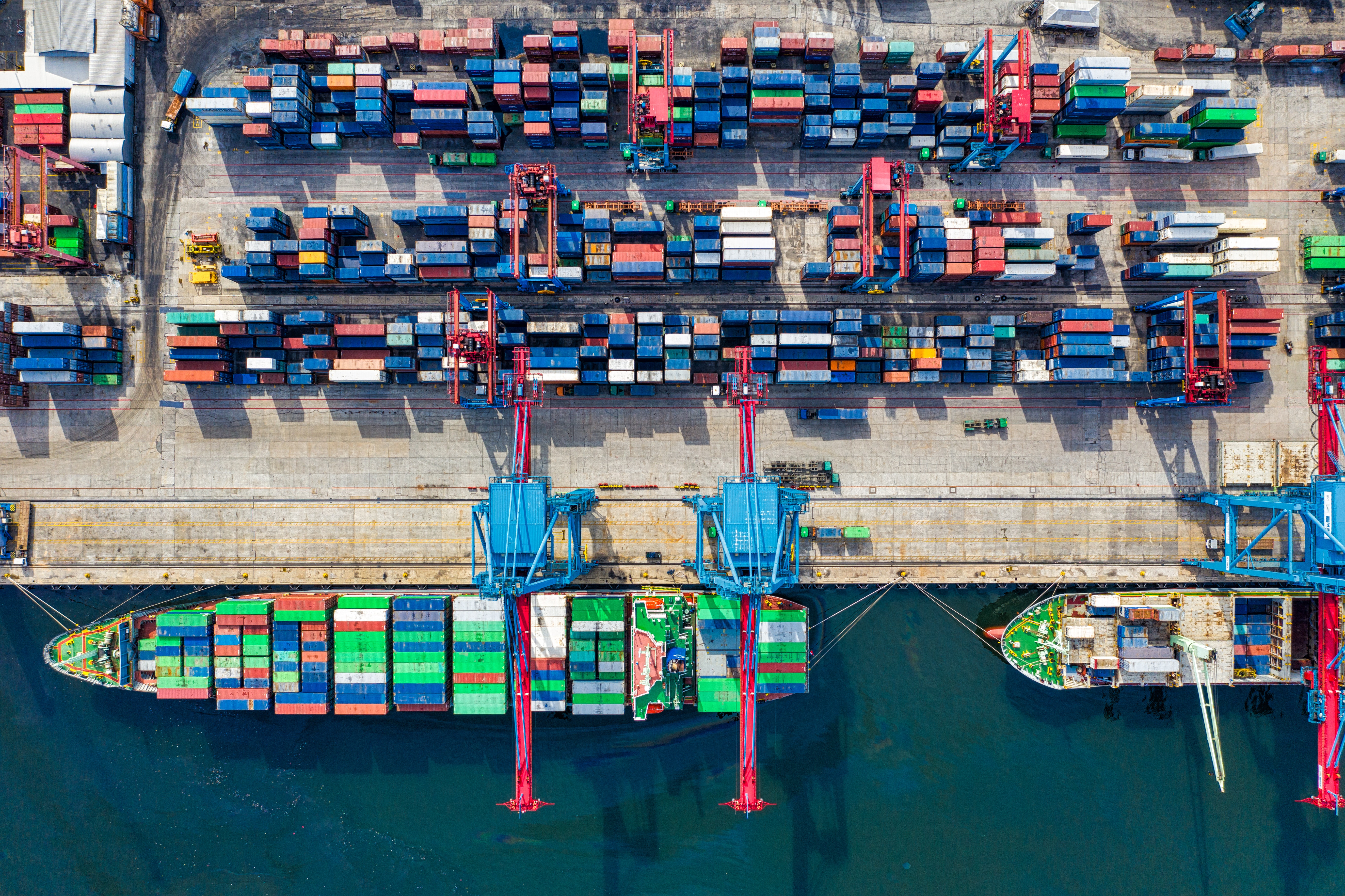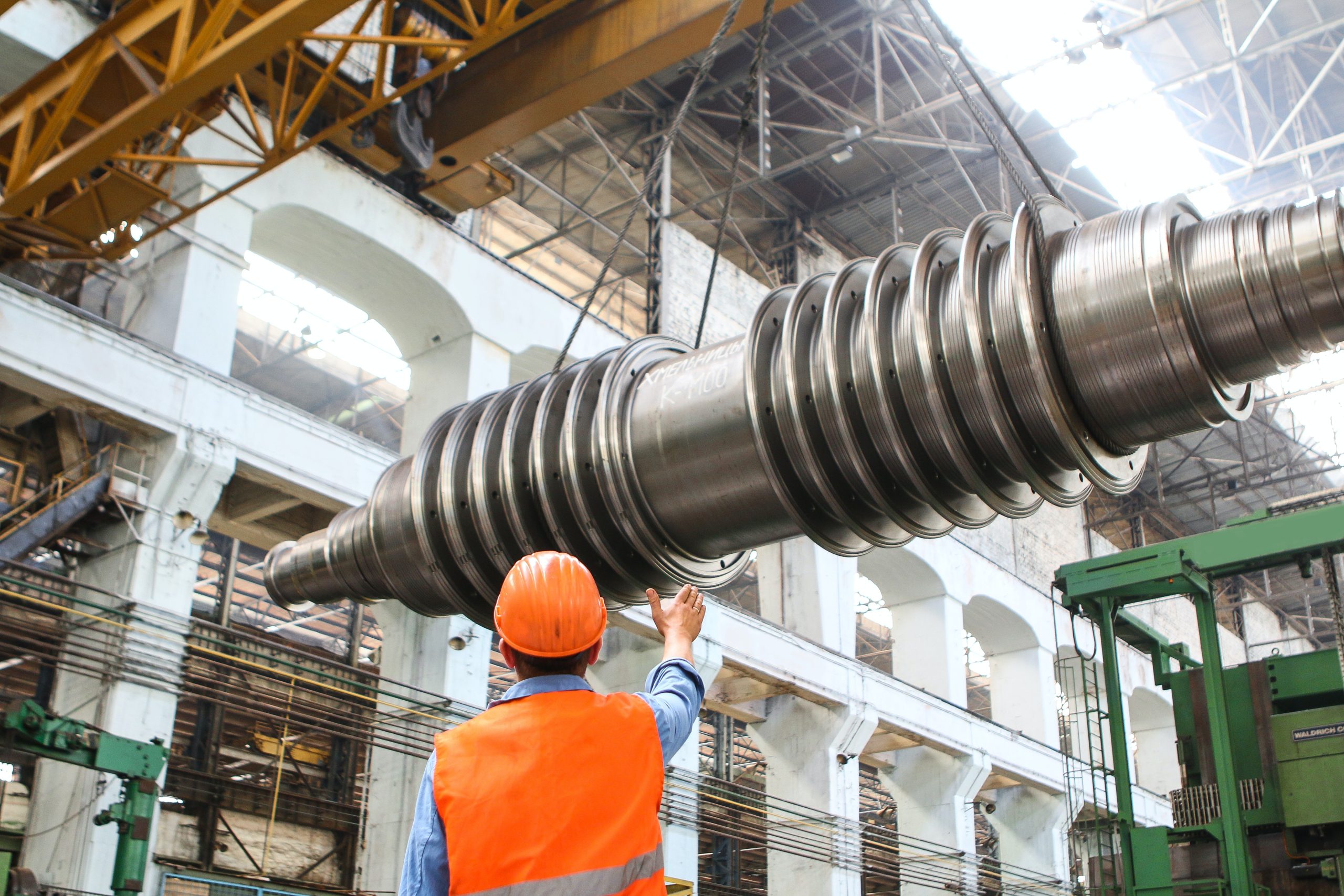Reading the Spanish press of today May 29th, 2020 I fall upon a pertinent analysis of the industrial position of Spain, signed by Carlos Sánchez for El Confidencial, under the title “ ¿Por qué la industria española ha dejado de ser sexy?” (Why did the Spanish Industry lose its sex appeal? https://rb.gy/nfrzba)
The article appears in the middle of the commotion prompted by Nissan’s announcement of their Barcelona’s factory closure. This closedown will leave, adding direct and indirect job losses, between 15.000 and 20.000 additional unemployed people. Unfortunately, Nissan is not a rara avis.
In the analysis, there is, under my point of view, some significant points, among which (I translate):
“Spain has destroyed its industrial sector and has placed itself in the hands of multinationals. These see less and less attractive to produce here because the Spanish competitive advantages tend to decrease. Labour market stability and legal certainty – which is what large investors want in the long term – is already offered by other countries, not necessarily Asian, and with lower labour costs. Morocco, Portugal and the Czech Republic are some close examples.
Multinationals usually locate their leading R&D departments, which generate the highest added value in their parent countries.

Exports (from Spain) mainly depend on foreign companies that settled in Spain to profit from local competitive advantages and to benefit from the single market. And what is offered to them in exchange? High energy costs, administrative fragmentation (regional governments with own laws), a poor freight transport network or deficient technical schools.
In short, an industrial policy more aimed at extinguishing fires, than at generating a medium and long-term strategy.”
I will analyse in a future post the position of Spain in the WEF Global Competitiveness report. I want to stress that the article tackles some of the points that the WEF considers essential for the economic development of a country: Labour market stability, legal certainty, energy costs, market size, infrastructure, skills of the workforce and government long term vision. We could also add transparency, public debt, bureaucracy, entrepreneurial culture, messy tax systems, and the intention of the current government to reverse, totally or partially, the labour market reform approved in 2012 which produced a reactivation of the hiring in the private sector. The author also considers the attractiveness of some other countries because of cheaper labour costs, but this was already a reality when those multinationals planned their investments, and it did not stop them from preferring Spain.
The degradation of the industrial sector in Spain (and not only) responds to a persistent lack of long term policies practised by all governments without exception in the last 40 years. Short term policies, spurred by insidious interests that only consider the electoral calendar, produce frail realities. The outbreak of the COVID-19 pandemic and its disastrous consequences for Spain will only weaken its already weak position. As read somewhere, if all goes well, 2020 will end up being a horrible year.
Spain improved three positions in the 2019 report, climbing to place 23 from 26 in 2018. A better ICT adoption and small improvements in some other areas justify this push, offsetting the small loses in the rest. But this was before Corona.
The pandemic has affected the world economy globally, true. But it is also true that not all countries have been affected the same way. We will only see the global repercussions in the 2020 report. I forecast that the ranking will not suffer enormous changes, but that individual scores will. The Income Gini index (inequality in society) will grow everywhere. I fear, nevertheless, that the growth in Spain will be higher than in other more competitive countries. The reason is that many of them have shown more solid public institutions and safety nets to deal with this situation. The growth in Gini caused by the impoverishment of broad layers of the society will lead to civil unrest.
This situation will not be easy to solve, and this is not a task that a government can do in 4 years. It cannot do it either without comprehensive and responsible national agreements and the very active implication of the private sector. The project of reactivation of the economy (and the necessary reconstruction of the industrial sector, destroyed in the last 40 years) is a long term project that needs the consensus of all the society.





